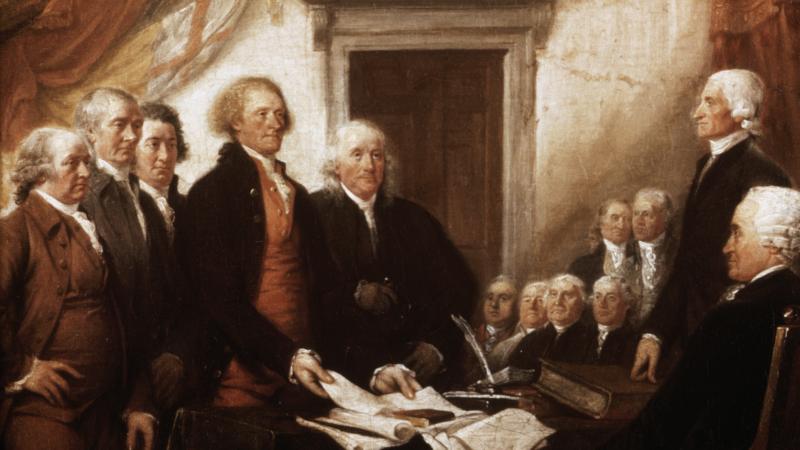FCC designates Chinese companies Huawei and ZTE as national security threats
Funds from the more than $8 billion per year Universal Service Fund may not be spent to buy or maintain materials from the two companies.
The U.S. Federal Communications Commission's (FCC) Public Safety and Homeland Security Bureau on Tuesday announced that Chinese companies Huawei and ZTE are subject to a rule that bans Universal Service Fund money from being spent on equipment or services from businesses that represent a national security threat.
The companies were designated in the wake of a 2019 FCC Commission rule that blocks such expenditures.
The official designation by the Public Safety and Homeland Security Bureau means that funds from the more than $8 billion per year Universal Service Fund may not be spent to buy or maintain materials made by the two companies.
FCC Chairman Ajit Pai noted that the money populating the fund comes from a fee included on phone bills.
“With today’s Orders, and based on the overwhelming weight of evidence, the Bureau has designated Huawei and ZTE as national security risks to America’s communications networks—and to our 5G future,” Pai said in a statement included with the press release.
“Both companies have close ties to the Chinese Communist Party and China’s military apparatus, and both companies are broadly subject to Chinese law obligating them to cooperate with the country’s intelligence services," he noted.
"We cannot and will not allow the Chinese Communist Party to exploit network vulnerabilities and compromise our critical communications infrastructure. Today’s action will also protect the FCC’s Universal Service Fund—money that comes from fees paid by American consumers and businesses on their phone bills—from being used to underwrite these suppliers, which threaten our national security,” Pai said.
















